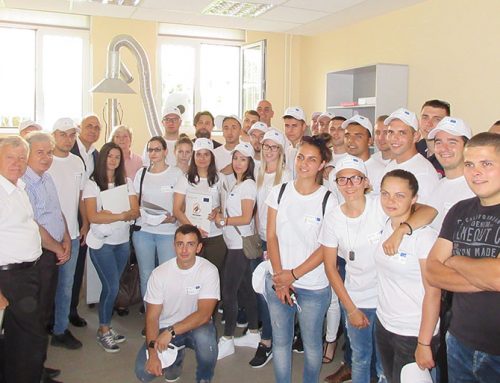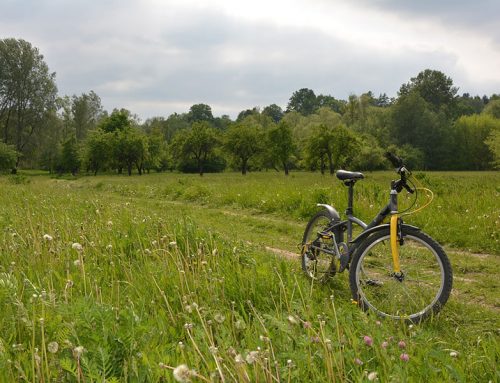“We used to live in a cardboard village without any hygiene conditions, we slept together with rats. No human being would have endured all the things we have during the past 11 years. But thanks to this project we finally have a roof above our head” – Mr Nikolić, Požarevac, central Serbia.
An internally displaced Roma man from Kosovo, Mr Nikolić’s account of life in an illegal Collective Centre for refugees in Serbia is, sadly, not an uncommon one: ever since the first armed conflicts broke out in Yugoslavia in the early 1990s Serbia has seen a large influx of refugees and internally displaced persons in its territory, thousands of whom are still living on the margins of society.
In 1999, Mr Nikolić was one of 20 Roma families who fled Kosovo and ended up eking out an existence in Požarevac on an informal settlement, where ‘houses’ were made out of cardboard and scrap metal. His situation and those of the other families took a dramatic turn for the better when a European Union-funded project began in March 2009 to build 20 prefabricated houses to shelter the 20 families and put an end to their inhumane living conditions.
The EU contributed €1.6m to this project, which also saw cooperation between the German NGO Arbeiter-Samariter-Bund, Požarevac municipality, the Serbian Commissariat for Refugees and the Serbian government. Although the number of collective centres in operation in Serbia has been falling in recent years, in 2007, it was estimated that 85 collective centres accommodating 2,300 refugees and around 5,500 internally displaced persons were still in existence. It is a situation that the Serbian government would urgently like to resolve.
Home Sweet Home
By the end of October 2010, the pre-fabricated houses were in place and the 20 families moved into their new accommodation. For Ramadan Beriša, the move could not have come a day sooner: “I must say it has been 11 years since I have taken a shower, I mean I have showered, but not in a bathroom,” he said. Beriša came with his wife, Vadjide, and son, Djevahir, to the illegal encampment in 1999. The couple had three more children during their time there. In spite of the harsh and unsanitary conditions, they worked hard to provide the children with food, clothes and books by working every job that was offered to them.
With time, Beriša became the informal collective centre ‘Rasadnik’’s official representative, maintaining good relations with the Požarevac authorities, which later provided the new plot of land on which the 20 pre-fab houses were built. The support lent to the families by the project didn’t stop with the houses: it also provided training to them on how to set up a business and undertake activities which could bring them long-term financial stability and independence. In total, some 105 Roma people, of whom 66 were children, were helped to integrate into local life, after years of living a marginal existence. Their cardboard village has been closed down.
More information
Project: Providing housing and economic support to Internally Displaced People (IDPs) and Refugees in Serbia
Implemented by: German NGO Arbeiter-Samariter-Bund (ASB) – www.asb-see.org
See also: Commissariat for Refugees and Migration of the Republic of Serbia – www.kirs.gov.rs
RTS report



